Closing the Resource Gap: How Clean Water Changes Lives
By Aneesh Chatterjee
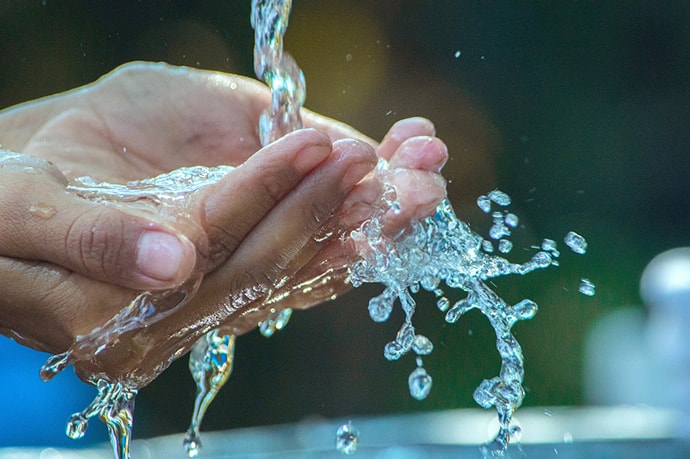
Photo: drfuenteshernandez/Pixabay
Members at Global Washington take innovative steps to address the global water crisis. Communities impacted by a lack of access to clean drinking water, proper sanitation infrastructure or an awareness of healthy sanitary practices, are facing disease, malnourishment and problems in other sectors, spilling into education and local markets. To that end, organizations are bringing unique solutions that address the crisis at multiple levels of operation, closing the gap between clean water and at-risk communities.
For the Starbucks Foundation, partnerships are integral to making a genuine impact on the future of water. With multiple partnerships and projects across countries, Starbucks spotlights water conversation as a strong priority. Part of their 2020 plan to reduce their water and waste footprint to 50% by 2030, a total of 50 million USD in grants was announced in March 2023, marking their commitment to building a resilient ecosystem for long-term sustainability. Partnering with other members of the United Nations Water Resilience Coalition, the United States International Development Finance Corporation and other collaborators, Starbucks launched the grants initiative with an initial pledge of 25 million USD to WaterEquity’s Global Access Fund IV, with an intended mobilization of new funding parties to match their investment. The initiative aims to fund access to WASH facilities, products, and services across countries reaching up to 5 million beneficiaries.

Other prolific partnership-driven projects include their work with The Nature Conservancy to replenish the water of Qiandao Lake in Zhejiang Province, China with an investment of 3 million RMB, and their joint venture with World Vision, Alsea Foundation and Planet Water Foundation to install 25 water towers in Mexico and provide safe water access to 45,000 people. Their ongoing partnership with the Planet Water Foundation, established in 2021, has brought clean water access to over 100,000 people across Cambodia, India, Thailand, Indonesia, Laos and the Philippines with the construction of 57 water towers.
These tangible, on-the-ground construction of deliverables – a product of Starbucks’ partnerships and resource mobilization – are effective interventions also used by Heifer International. With practical devices installed for specific community needs, Heifer’s projects bridge the resource access gap in similar ways: the installation of hand-pumped wells in Vietnam and cisterns in Haiti have reduced significant travel time for locals, bringing quick access to water without the need to manually transport water from a known source.

In turn, easy access further simplifies efforts to teach and inculcate proper hygiene and sanitation practices. In Senegal, Heifer’s extensive efforts to improve water access has led to solar-powered wells drilled in close proximity to local residences. Beyond sanitation, hygiene and health benefits, the improved accessibility has also positively impacted the health of their cattle, higher agricultural yield, and increased income potential for families. Although WASH is a central focus of these interventions, the benefits impact sectors beyond water supply management, spilling over to economic resilience and agricultural prosperity.
Construction projects leading to promising sustainable development in related sectors is also seen in high-impact projects by Gargaar Relief Development Organization (GREDO), and their goals to improve schools in Somalia. Water and sanitation facilities being one of the underdeveloped facets of local schools, with others being inadequate classroom space and insufficient teaching staff, GREDO has built two new schools with expanded classroom spaces, proper washroom facilities, and other capacity building measures to support the management of education in schools.
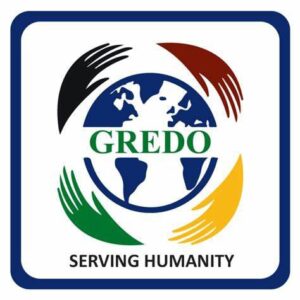
GREDO’s work to redevelop schools includes special considerations for effective latrines, an integral component for reliable WASH infrastructure. On a broader scale, the Bill and Melinda Gates Foundation works extensively to develop sanitary, effective toilets and improve waste management infrastructure across China, Sub-Saharan Africa and South Asia. A multi-strategy approach includes adaptive innovation to evolve traditional toilet infrastructure for different regions, including chemical treatment, water recycling and pathogen removal through low-cost designs powered with renewable energy.

Adaptive technologies prove to be essential not only in revolutionizing traditional infrastructure, but emergency response as well. To that end, Oxfam provides unique solutions for immediate relief in regions following environmental disasters. In the wake of Cyclone Idai in Mozambique, their Livesaver Cubes allowed for quick and portable filtration of contaminated water, as available infrastructure had been destroyed. In 2018, Oxfam brought the SkyHydrant – a tool for converting groundwater into drinkable water without chemical treatments – to Palu, Indonesia, following a tsunami. In Somalia, Oxfam provides solar-powered water desalination units to decontaminate water for drinking and livestock. The construction of a 100-kilometer pipeline in the DRC, solar-powered water treatment plants in Sudan, and a gravity well system in Nepal all encapsulate adaptive innovations by Oxfam to bring communities back from the brink, and closer to reliable water access.
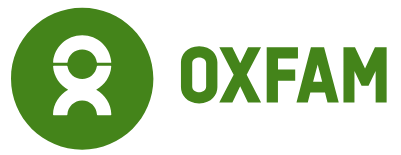
Also working in disaster response is the Yemen Relief and Reconstruction Foundation. Their Water Purification and Renewable Power (WARP) systems, built for both natural disasters and war zones, aims to bring clean drinking water to 3 hospitals in Hudaydah.
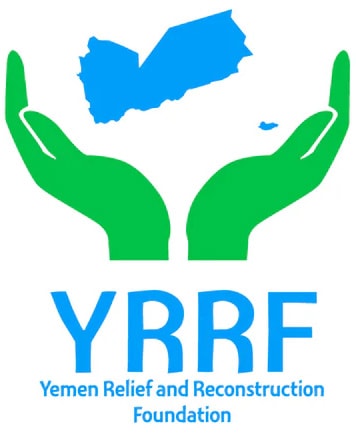
Like the Starbucks Foundation, Mercy Corps uses strategic partnerships to leverage resources and energy in building WASH resilience across global communities. Their Public Private Partnership (PPP) approach aims to work with local governments and communities to implement WASH interventions that directly bridge the resource gap in targeted regions. Collaborations with the authorities in the DRC, for example, have allowed Mercy Corps to implement their IMAGINE Program, extending water supply access for the cities of Goma and Bukavu – bringing safe water access to 1.5 million beneficiaries.
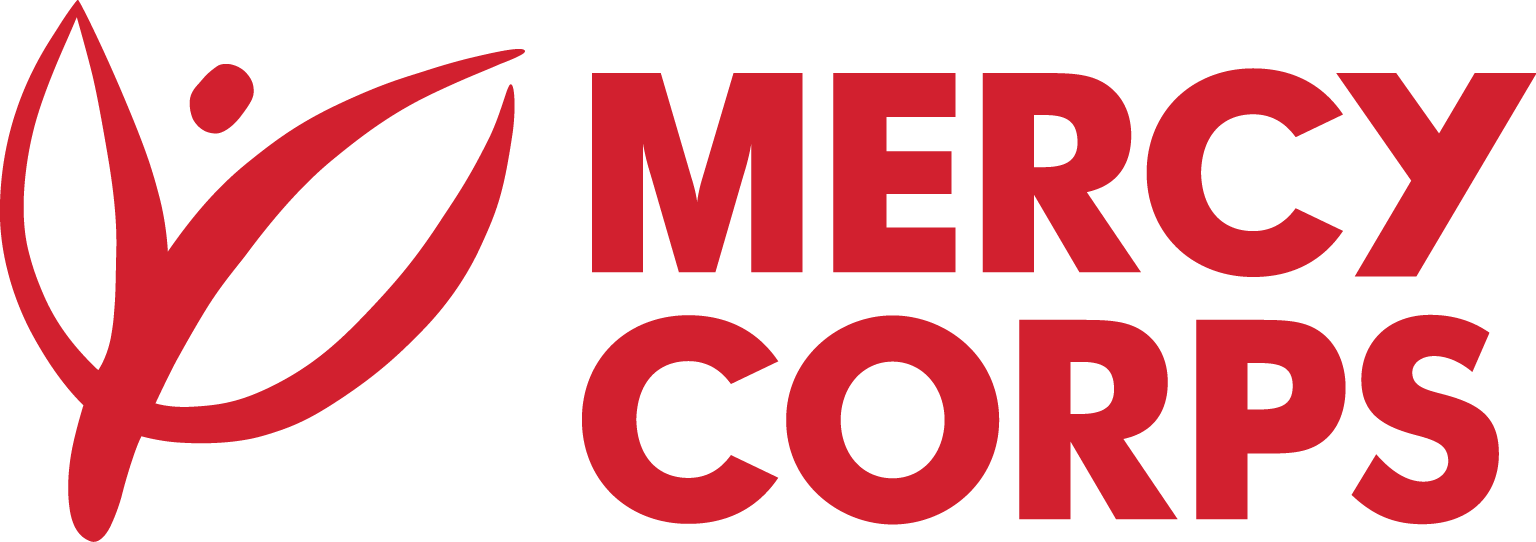
Promoting awareness as a resilience strategy is also one of the approaches adopted by Mercy Corps. Awareness campaigns leading to the instillation of stronger hygiene practices are emphasized as powerful measures against the spread of disease, particularly in the wake of the Covid-19 pandemic, in Mercy Corps’ 2021 WASH Approach document. An additional arm of their awareness strategy is the promotion of more resource-conscious use of water and WASH facilities once constructed, including their operation and management. By promoting an awareness of the importance of efficient and sustainable use of water in regions where scarcity is rampant, communities are guided toward sustainable management of their resources for long-term health benefits.
Promoting resource consciousness also entails showing communities how to best use what’s available, as demonstrated by Sukarya. Taking on the malnutrition crisis in India, of which clean water access is an integral cornerstone, Sukarya’s targeted interventions focus on building awareness of nutrition, educating communities on how to best use their most accessible resources, and providing vital supplements and micronutrients to at-risk populations. Promoting knowledge of breastfeeding and its importance for child nutrition is a key goal across their programs, alongside raising awareness of what produce, grains and other foods are locally available for any given community, distributing easy recipes that prioritize efficiency and nutritional value, setting up health centers and medical testing camps, group information workshops, cooking demonstrations, and distributing essential nutritional supplements.
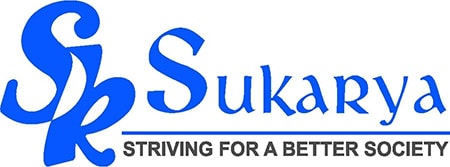
Sukarya upholds WASH interventions as a consistent priority in their programs, with implementation models for both school and community levels. For students, raising awareness about the importance of hand washing, water-borne disease and sanitation habits builds resilient behaviors, while information sessions and awareness campaigns for communities at large establish simple but effective sanitary habits to prevent illnesses.
Encapsulating the power of resource consciousness and mobilization of impactful actors, the Bill and Melinda Gates Foundation also takes steps to build resource-aware communities through effective partnerships that incentivize the shift toward water-conscious markets with new service models for local economies. New models provide financial incentive for both private and public actors, encouraging the use, delivery and deployment of newer WASH technologies. A strong focus on policy advocacy for local governments ensures that communities adapt efficiently to implement vital technologies, practices and habits that close the resource gap for millions of beneficiaries.

All-rounded approaches, from emergency tools and technologies to hygiene education and project monitoring, can be seen in the work of Water1st, with their pipeline projects bringing drinking water and sanitation relief to communities across India, Bangladesh, Kenya, Ethiopia, Honduras, and Mozambique. WaterAid works to combat cholera outbreaks with sanitation training, relief kits and handwashing stations across 22 countries.

From specialized focus projects to broad-spectrum sector innovation, participating actors are innovating to bring people closer to clean water, with lasting impact on the spread of disease, malnourishment, emergency response, and community development. Water proves to be essential not only for the health and wellness of individuals, but the proliferation of agriculture, livestock, strengthening family income, enabling schools to teach and bringing more students into classrooms, mobilizing governments and private actors to adapt and implement solutions, and beyond.
The following GlobalWA members are supplying innovative and resourceful solutions for WASH in the communities where they work.
Gargaar Relief and Development Organization — GREDO
GREDO takes a comprehensive approach to developing and strengthening the water sector in Somalia. At the core of their strategy is the drilling and rehabilitation of various water sources, including boreholes, earth dams, shallow wells, and pipeline extensions. GREDO collaborates closely with key stakeholders, such as the Ministry of Water and WASH clusters, to align its interventions with sectoral priorities and gaps.
Upon completion of the water infrastructure projects, GREDO transfers the management of boreholes to local water supply companies, establishing a partnership framework for sustainable operation and maintenance.
During emergencies, GREDO rapidly implements water trucking projects to deliver potable water, complementing its long-term rehabilitation initiatives. The aim is to ensure reliable access to clean water, even in the face of natural disasters.
GREDO also emphasizes the need to strengthen the capacity of local authorities and communities in water governance, climate change adaptation, and multi-stakeholder partnerships. The goal is to develop resilient and sustainable water systems in Somalia.
Overall, GREDO’s comprehensive approach focuses on improving water access, empowering local stakeholders, and building long-term resilience to address the country’s critical water challenges.
Global Communities catalyzes community action to strengthen systems that deliver water, sanitation and hygiene (WASH) services. Advancing water security is among our top priorities both in crisis settings and stable environments. For example, we work with local partners to improve water resource management, protect watershed ecosystems, and increase sustainable and equitable access to safe drinking water. Our WASH interventions include community mobilization, infrastructure improvements and climate adaptations. We also work to improve WASH governance; strengthen the capacity of WASH service providers; and create an enabling environment for private sector participation in the WASH sector. Our behavior-led approaches address factors that influence the adoption of optimal WASH practices.
Landesa champions and works to strengthen land rights for millions of those living in poverty worldwide, primarily rural women and men, to promote social justice and provide opportunity. Across the world, access to land is often intertwined with access to water. Strong land rights can enable a family or community to both use a clean water source and ensure the water remains safe.
In India, Landesa partnered with West Bengal’s State Government to allocate micro-plots of land—large enough to build a home and plant a garden—to families in rural areas to alleviate extreme poverty and hunger. Legal land ownership was a prerequisite to accessing various government benefits, including drinking water and sanitation hook-ups. Through Landesa’s work, different government agencies were better able to collaborate and offer a foundation for families to build a healthier, more stable future. This collaborative micro-plot program scaled across West Bengal and brought land, clean water, and hope to hundreds of thousands of people.
Oxfam is widely recognized as a leading organization supporting affected populations to access water, sanitation, and public health service and resources (WaSH). From drilling wells for Palestinian refugees in Jordan in 1962 to the present-day, Oxfam and partners have been at the forefront of humanitarian WASH responses worldwide. In the last year alone, Oxfam and partners have supported 7.7 million people with WASH through enhanced humanitarian action. Many others have benefitted from sustainable development interventions, such as Oxfam’s work with governments and the private sector to deliver long-lasting services. Innovation has been at the center of Oxfam’s work in WASH, with innovations in technology and approaches to WASH implementation now being widely adopted by the WASH sector.
Oxfam’s visions is that women, men and children affected by disaster, conflict, and the impacts of climate change will have access to safe, appropriate and high-quality WaSH services that enable them to mitigate public health risks in a dignified way.
Path From Poverty has been partnering with women in rural Kenya for 25 years because the empowerment of women is critical to breaking the cycle of poverty. In the rural Ukambani region, as in many areas of the world, women and girls face the constant risk of sexual assault and wild animal attacks because of their daily walk for water. This water is necessary for survival yet not even fit for human consumption. Path From Poverty provides rainwater catchment tanks that are installed at women’s homes. Access to clean, safe water has profound impacts. Women and girls are safer from violence. Girls have time to attend school and study, opening doors for future opportunities. Women have time for income generation, caring for their families, and rest. The health of families is improved, and money that women spend treating waterborne illnesses can be devoted to children’s school fees, purchasing healthy food, and expanding their micro-enterprises. Rainwater catchment tanks are vehicles for change, allowing women to devote their time to personal development and creating brighter futures for themselves and their families. This economic empowerment strengthens their position within the family and community.
Water1st is on a mission to free women and girls around the world from the burden of water collection, liberating their time and energy for education and paid employment.
Water1st is committed to meeting the standards of SDG6 – every Water1st project includes a 24/7 supply of safe water at household faucets and a toilet.
Water flowing from a household tap makes it possible to have sufficient water quantities to perform the most critical public health activities like washing hands and using a low-flush toilet. A faucet at the home has also been proven to increase income, educational achievement for girls, and the likelihood the water system will be sustainable over the long-term.
Water1st’s locally-led partners have constructed more than 4,700 community-managed projects to date, eliminating over 123 million hours of grueling water-carrying by females. Over 99% of systems constructed since Water1st’s founding in 2005 are still supplying water today. The return on investment in these projects based on time-savings alone is over 700%.
Communities in low-income settings around the world face many challenges. The pathway to a better future begins with household access to piped water and toilets.
- Previous: June Issue Brief: The Future of Work
- Next: SDG 4 Quality Education